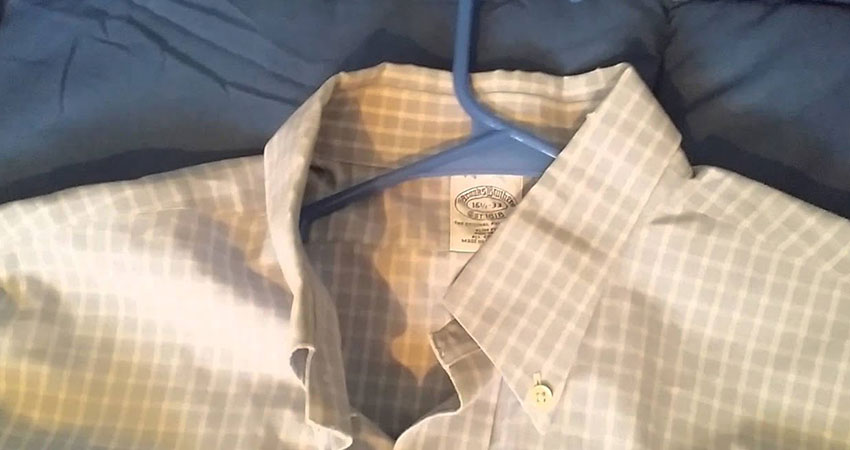The U.S. Trade Representative’s office is considering adding Amazon sites in the UK, Canada, Germany, India and France to the so-called Notorious Markets list due to alleged growth in sale of counterfeit goods, based on a request from an apparel trade group, according to the Wall Street Journal.
If the USTR decides to add the Amazon sites to the list – not a foregone conclusion – it would mark the first time that entities of a U.S. company were so designated. The Notorious Markets list is used as a tool to encourage both countries and companies to police and reform wayward commerce practices. Third-party sellers represented about 18% of Amazon’s revenue in 2018, the WSJ said.
The American Apparel and Footwear Association (AAFA) asked the USTR’s office to add the Amazon sites to the 2020 list, expected out in the coming weeks, the WSJ reported. Member companies reported they were their biggest problem among Amazon sites, with thousands of counterfeit items and listings.
AAFA’s 1,000-plus members include leading retailers and brands such as American Eagle Outfitters, Calvin Klein, Camuto Group, Gap Inc. and Jimmy Choo.
Some in the Trump administration are also in favor of adding the Amazon sites to the Notorious Markets list, the WSJ reported. This is bound to bring up President Trump’s well-documented animosity toward Amazon CEO Jeff Bezos. Among the 33 online marketplaces on the 2019 list were Taobao, the marketplace owned by Chinese giant Alibaba, and new addition Pinduoduo, also from China.
Amazon told the WSJ it “strictly prohibits counterfeit products in our store and we invest heavily to protect our store, customers, and brands and as a result, more than 99.9% of page views by our customers did not receive a notice of potential counterfeit infringement.” The company also told the USTR, in response to the complaint from the AAFA, that it invested $400 million in personnel in 2018 to combat fraud and abuse.
The 2019 report also highlighted free trade zones (FTZ) as a growing source of counterfeit activity. Known in the U.S. as foreign trade zones, FTZs are designated economic areas that are not subject to customs duties, taxes or normal customs procedures of their host countries. The number of FTZs has grown from 79 zones in 25 countries in 1975 to over 3,500 in 130 countries in 2018.
You can read the rest of the story here.

